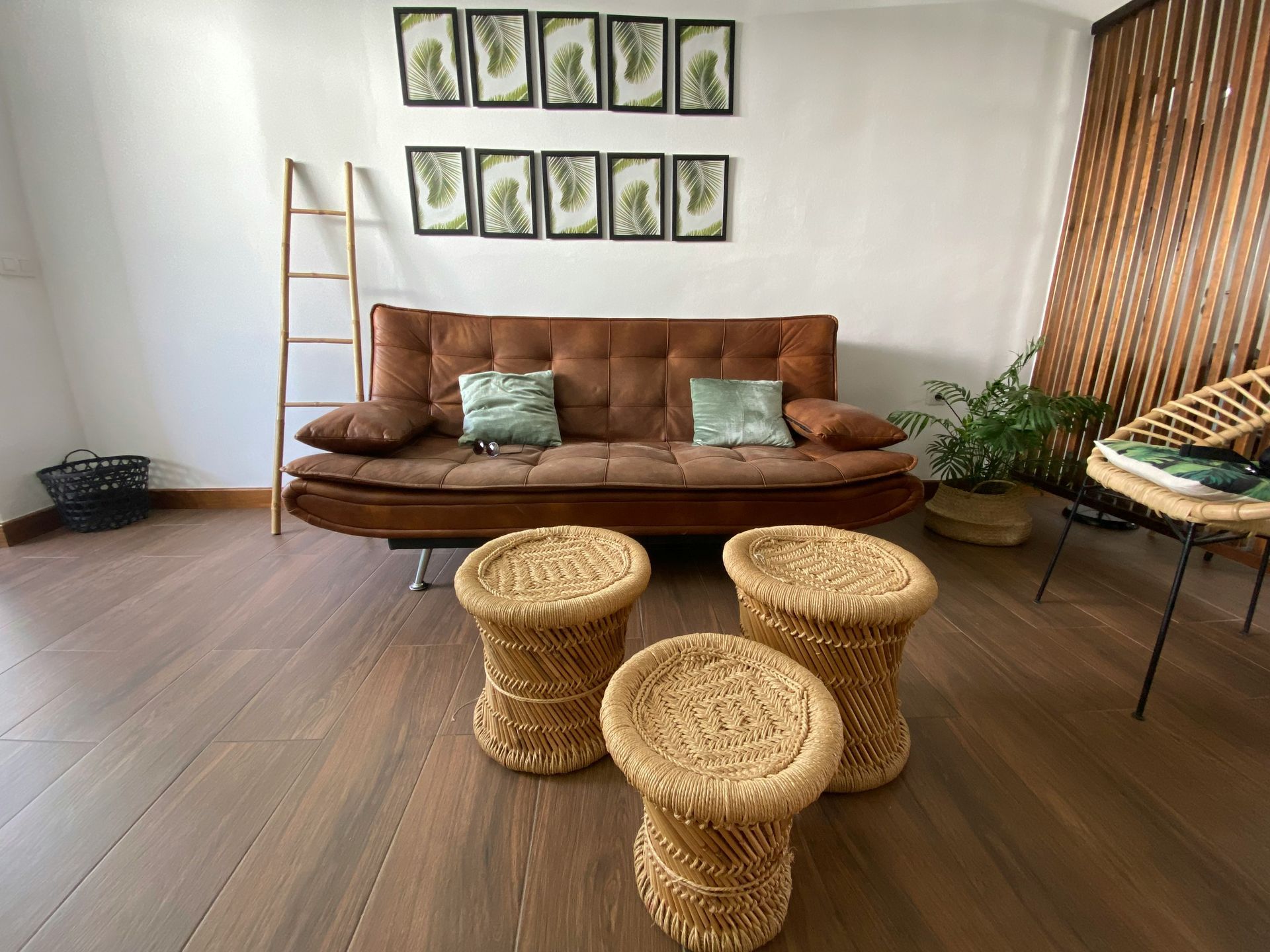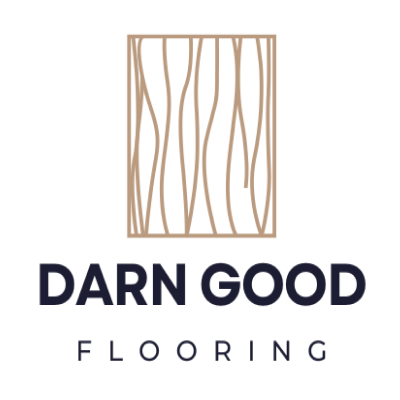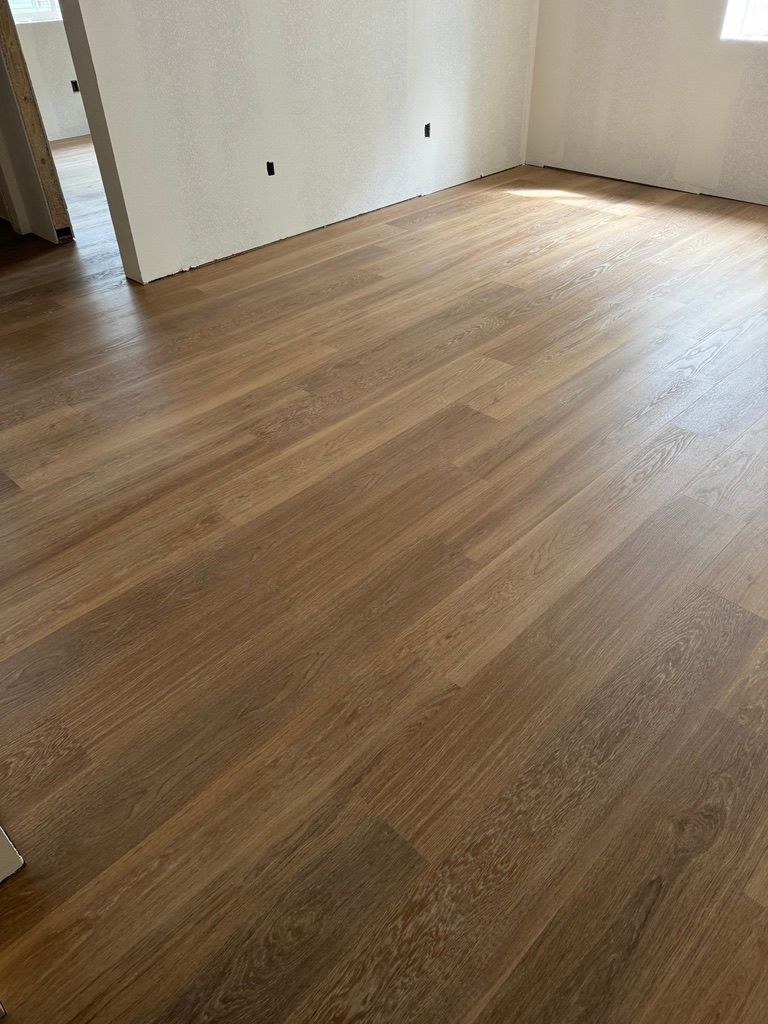Hardwood vs. Luxury Vinyl: Which Is Better for Boulder Homes?
By Garrett Braun, Founder - Darn Good Flooring – Boulder’s Trusted Flooring Experts
If you're renovating or building a home in Boulder, one of the most important decisions you'll make is what kind of flooring to install. Two of the most popular choices today are hardwood and luxury vinyl plank (LVP)—both offering unique advantages in terms of style, performance, and budget.
But which one is better for life in Boulder’s dry, often unpredictable climate? At Darn Good Flooring, we’ve helped hundreds of local homeowners weigh the pros and cons. Here’s a breakdown to help you make the best decision for your home and lifestyle.

Aesthetic Appeal
Hardwood:
There’s no denying the timeless beauty of real hardwood. Each plank has unique grain patterns, natural color variations, and rich textures that add warmth and sophistication to any room. Hardwood is often seen as a high-end choice and can boost resale value significantly.
Luxury Vinyl Plank (LVP):
Modern LVP has come a long way. Today’s planks mimic the look and feel of wood so well that many homeowners can’t tell the difference at first glance. LVP comes in a wide range of colors, styles, and textures—perfect for customizing your space without the premium price tag.
- Winner for aesthetics: Hardwood for authenticity, LVP for versatility and affordability
Durability in Colorado’s Climate
Hardwood:
Solid hardwood is sensitive to moisture and temperature changes—two things Boulder has in abundance. Dry winters can cause shrinkage and gaps, while radiant heat and sun exposure can lead to fading or warping if not properly maintained.
Luxury Vinyl Plank (LVP):
LVP is highly durable and stable in a wide range of temperatures. It’s not affected by Colorado’s dry air, doesn’t swell or contract easily, and can stand up to daily wear and tear from pets, kids, or muddy boots.
- Winner for durability: Luxury Vinyl Plank
Moisture Resistance
Hardwood:
Even when sealed, wood is porous. Spills, snow, and wet boots can cause staining or warping if not cleaned quickly. Hardwood is not recommended for bathrooms, laundry rooms, or basements in most Boulder homes.
Luxury Vinyl Plank (LVP):
LVP is 100% waterproof. It’s an ideal choice for entryways, kitchens, bathrooms, and even basements. It resists snow melt, pet accidents, and kitchen mishaps with ease—making it a favorite for active Boulder households.
- Winner for moisture resistance: Luxury Vinyl Plank
Cost & Installation
Hardwood:
Real hardwood is a premium product. It requires more expensive materials and professional installation—especially if sanding, staining, or finishing is involved. Over time, it can be refinished multiple times, extending its life and potentially justifying the upfront investment.
Luxury Vinyl Plank (LVP):
LVP is significantly more affordable than hardwood, both in terms of material and installation. Many LVP products feature a click-lock system that speeds up installation and reduces labor costs. It also typically requires less prep work on subfloors.
- Winner for cost: Luxury Vinyl Plank
Which Should You Choose?
It really depends on your goals. Here's a quick recap to help you decide:
| Feature | Hardwood | Luxury Vinyl Plank |
|---|---|---|
| Aesthetic | ✔ Premium, classic | ✔✔ Versatile, realistic |
| Durability | ✔ With care | ✔✔ Scratch, dent, and moisture resistant |
| Moisture Resistance | ✘ Moderate | ✔✔ 100% waterproof |
| Cost | ✘ Higher upfront | ✔✔ Budget-friendly |
| Climate Suitability | ✔ Engineered only | ✔✔ Excellent year-round |

Final Thoughts from Darn Good Flooring
For Boulder homeowners who value tradition, long-term investment, and natural materials, hardwood—especially engineered hardwood—can still be a great choice. But for those looking for a practical, cost-effective, and climate-resilient option, luxury vinyl plank is a smart, modern alternative.
At Darn Good Flooring, we’ll help you explore samples, answer questions, and install a floor that fits both your lifestyle and Boulder’s climate. Whether you go natural or synthetic, we’ll make sure it’s Darn Good.
Ready to start your flooring project? Contact us today for a free in-home consultation.


